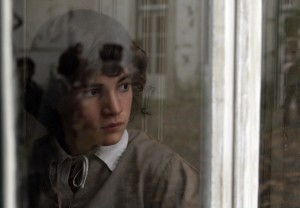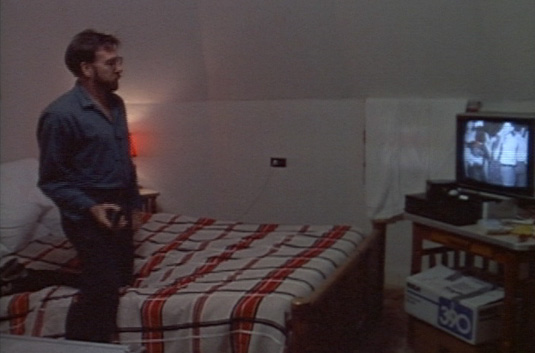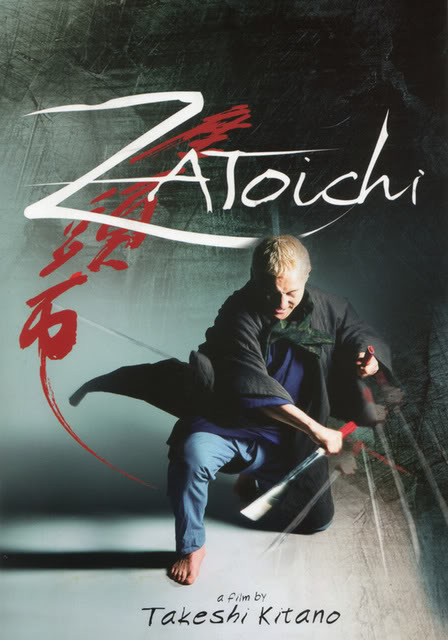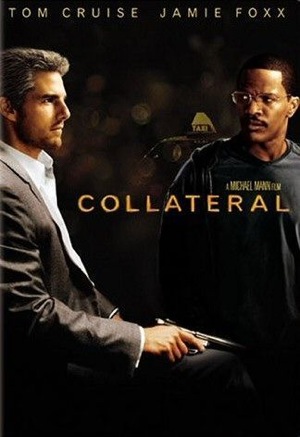Written in late November 2011 for a book on Ruiz published by the Spanish Cinematheque. A shorter version appears with the Blu-Ray of the theatrical version of Mysteries of Lisbon released in 2012 by Music Box Films. — J.R.

It was disconcerting to see a passage from a 1997 article of mine about Raúl Ruiz quoted in several of his mainstream obituaries: “Ruiz is the least neurotic of filmmakers; he doesn’t even seem to care whether what he’s doing is good or not.” Not because this was false when I wrote it but because it related to my earliest encounters with his work and its seeming challenges to film commerce, not to his better known big-budget efforts such as Marcel Proust’s Time Regained and Klimt.
This is why some of these latter films disappointed me, pointing towards what Ruiz himself frankly described to me in a 2002 interview as a “capitulation”. With money often comes anxiety about audiences and investors — and, even worse, not always being able to distinguish clearly between the two – and the cheerful freedom from this anxiety that characterized the extraordinary productivity of first two decades Ruiz spent as a Paris-based exile (roughly 1975 to 1997) seemed to be threatened by his escalation to higher budgets. Read more
From the Chicago Reader (April 24, 1998). I’m not sure why, but this is one of my long reviews for the Reader that appears to have disappeared from their web site. — J.R.

I’ve seen Ross McElwee’s documentary Six o’Clock News (1996) twice, on video about eight months apart, and each time there was a moment roughly halfway through when I felt that he was finally about to turn a corner as a filmmaker. This Boston-based North Carolinian is known as an independent autobiographer, yet what I’ve come to appreciate most in his work are those moments when autobiography leads him away from himself to other people.
His old friend and former teacher Charleen, for instance, is a far more vibrant presence and far wiser commentator than he is in Charleen (1978), Sherman’s March (1986), and Time Indefinite (1993). Of course, McElwee’s personality and style of filmmaking are what makes a Charleen possible, filmically if not existentially, so extracting her from his works would be as difficult as removing Falstaff from Shakespeare or Humphrey Bogart from the cozy miniature environments of To Have and Have Not and The Big Sleep. Yet the points at which McElwee’s appreciation of Charleen fuses with mine, turning him into a vehicle rather than a destination, are the moments when he functions as a journalist. Read more
From the Chicago Reader (August 6, 2004). — J.R.


The Blind Swordsman: Zatoichi
*** (A must-see)
Directed and written by Takeshi Kitano
With “Beat” Takeshi [Kitano], Tadanobu Asano, Michiyo Ookusu, Yui Natsukawa, and Gadarukaru Taka.
Collateral
*** (A must-see)
Directed by Michael Mann
Written by Stuart Beattie
With Tom Cruise, Jamie Foxx, Jada Pinkett Smith, Mark Ruffalo, Peter Berg, Javier Bardem, Bruce McGill, and Irma P. Hall.
What do Takeshi Kitano’s Zatoichi and Michael Mann’s Collateral, both opening this week, have in common? Judging by what some of my colleagues have been saying, they’re both effective action movies directed by talented genre specialists. But I would argue that this description applies only to Collateral.
Although Mann stretched himself somewhat with Ali, The Last of the Mohicans, and The Insider, he’s first and foremost a maker of adroit crime thrillers: Thief, Manhunter, Heat, and now Collateral. Kitano, on the other hand, is actually an adventurous director of art movies who periodically defaults to the crime genre in order to finance his other projects. In this respect he resembles Clint Eastwood, who, since emerging as an auteur in his own right, has alternated between making action movies for the studio and art movies for himself. Read more




